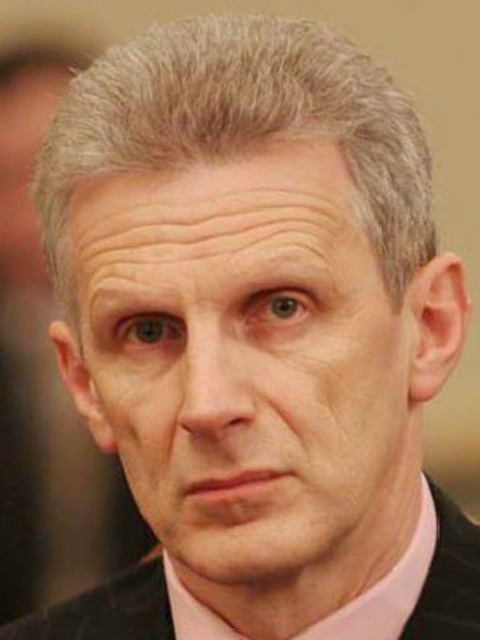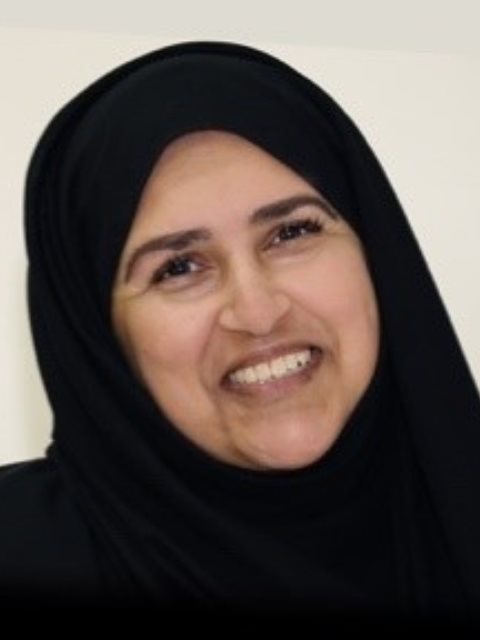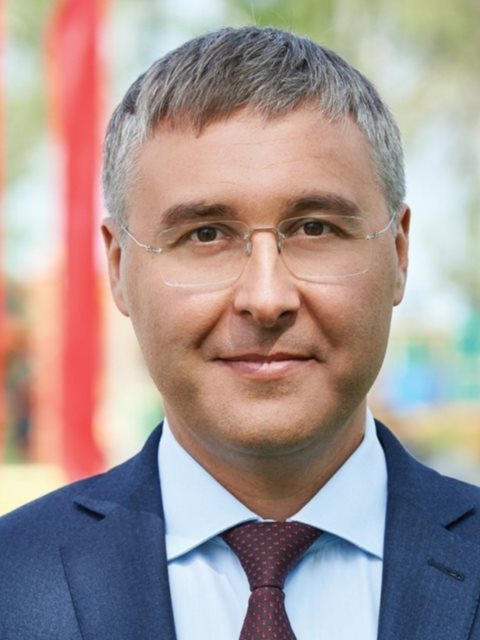Big Challenges and New Partnerships: How to Unite Science and Society
The year 2021 is officially the Year of Science and Technology in Russia. A national social survey held at the start of the year identified a number of paradoxes in the social perception of a scientist and research activity. On the one hand, the Russian public is poorly informed of the latest scientific developments and priorities. Many struggle to name modern Russian researchers, giving priority to the names of Soviet scientists. In their eyes, science stopped with the Soviet Union and nothing new has been done since then, with the most impressive modern ‘scientist’ being Elon Musk. On the other hand, over 60% of parents would be happy if their children decided to go into research and development, and every tenth student is planning for a future in science. These contradictions have arisen during a complex demographic situation, where various sectors of the Russian economy – science, education, and even medicine, manufacturing, the service industry, and others – are forced to compete for highly skilled workers. How can the hopes of young people entering the research sector be made a reality? What is the best way to present science and the results thereof to a wider audience with differing levels of knowledge and experience? Can the launch of new, large-scale scientific initiatives and projects transform the public perception of science and further motivate young people?


















